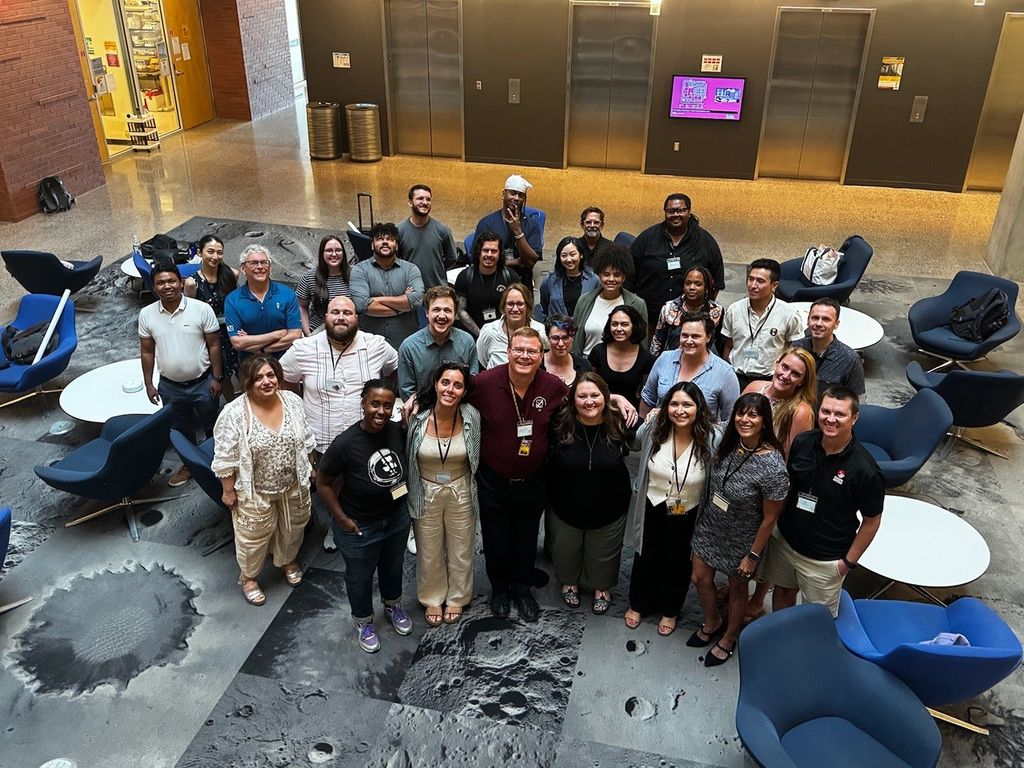Media Contacts
NASA Headquarters: Kathryn Hambleton, Rachel Kraft, 202-358-1100
Artemis media resources
Explore more about Artemis
Artemis News and Articles
Stay up-to-date with the latest Artemis content from NASA as we explore the Moon for scientific discovery and to prepare for human missions to Mars.
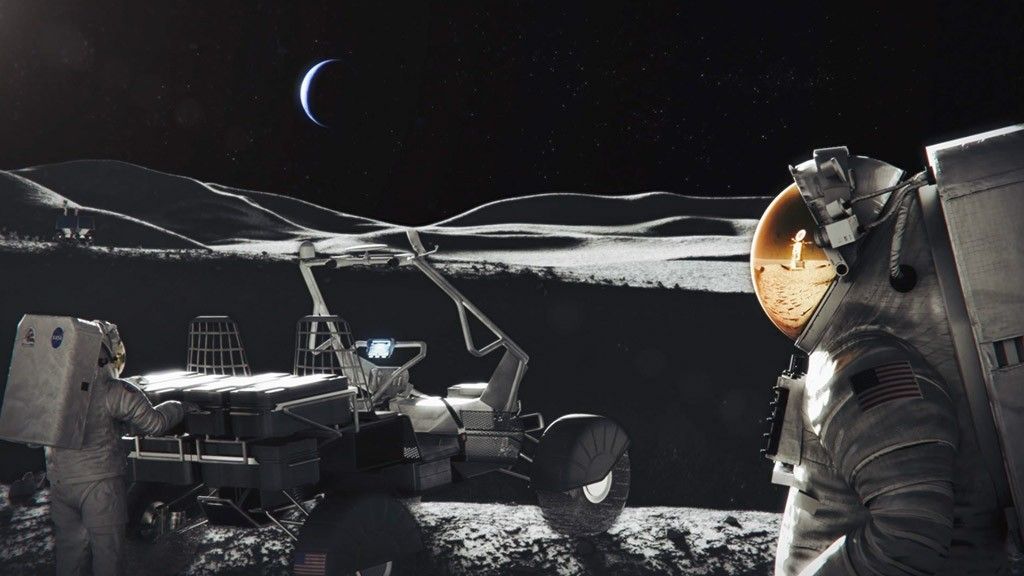
We are seeking virtual panelists and/or external (email) reviewers for the Artemis III Participating Scientist Program (ROSES F.15). Signing up does not commit you to serve, nor is NASA obligated to ask/invite you. If you are a funded team member on proposal…

NASA has selected three instruments to travel to the Moon, with two planned for integration onto an LTV (Lunar Terrain Vehicle) and one for a future orbital opportunity. The LTV is part of NASA’s efforts to explore the lunar surface…

Listen to this audio excerpt from Joe Pavicic, Artemis operations project engineer Joe Pavicic will never forget when he told the Artemis launch director teams were NO-GO for launch. Before Artemis I lifted off from NASA’s Kennedy Space Center in…

As humanity prepares to return to the lunar surface, Aaisha Ali is behind the scenes ensuring mission readiness for astronauts set to orbit the Moon during Artemis II. Ali is the Artemis ground control flight lead at NASA’s Johnson Space…

La Luna no solo conserva secretos del pasado de la Tierra, sino que representa el próximo capítulo en nuestra aventura espacial. En este episodio, descubre cómo los hallazgos de misiones robóticas están allanando el camino para el regreso de la…
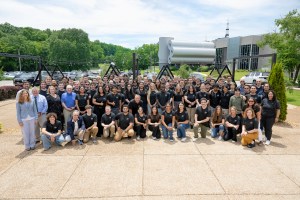
NASA’s Human Lander Challenge marked its second year on June 26, awarding $18,000 in prize money to three university teams for their solutions for long-duration cryogenic, or super chilled, liquid storage and transfer systems for spaceflight. Building on the crewed…
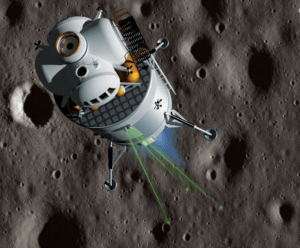
Enhanced navigational accuracy is giving NASA the flexibility to place landers in the most geologically interesting places on the Moon, Mars, and beyond. To accomplish this, the Navigation Doppler Lidar (NDL), developed at NASA’s Langley Research Center in Hampton, Virginia,…

For some people, a passion for space is something that might develop over time, but for Patrick Junen, the desire was there from the beginning. With a father and grandfather who both worked for NASA, space exploration is not just…
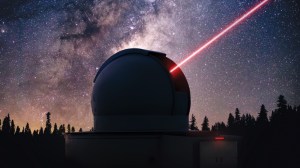
As NASA prepares for its Artemis II mission, researchers at the agency’s Glenn Research Center in Cleveland are collaborating with The Australian National University (ANU) to prove inventive, cost-saving laser communications technologies in the lunar environment. Communicating in space usually…
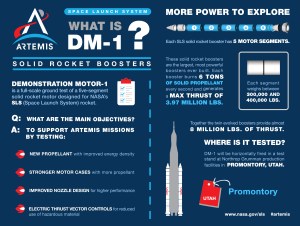
Demonstration Motor-1 (DM-1) is the first full-scale ground test of the evolved five-segment solid rocket motor of NASA’s SLS (Space Launch System) rocket. The event will take place in Promontory, Utah, and will be used as an opportunity to test…
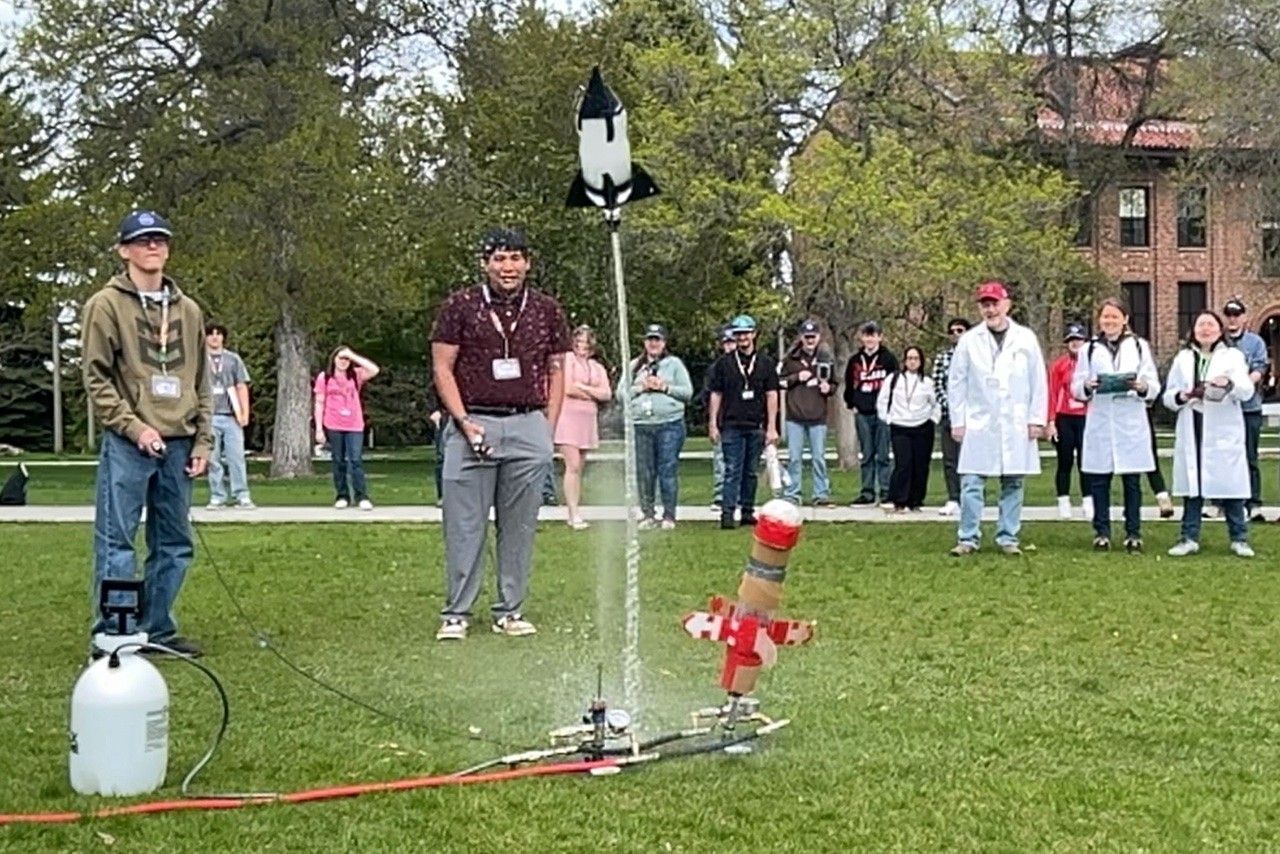
The NASA Science Activation program’s Northwest Earth and Space Sciences Pathways (NESSP) team has successfully concluded the 2024–2025 Artemis ROADS III National Challenge, an educational competition that brought real NASA mission objectives to student teams (and reached more than 1,500…
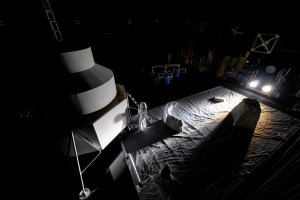
Better understanding the lunar lighting environment will help NASA prepare astronauts for the harsh environment Artemis III Moonwalkers will experience on their mission. NASA’s Artemis III mission will build on earlier test flights and add new capabilities with the human…
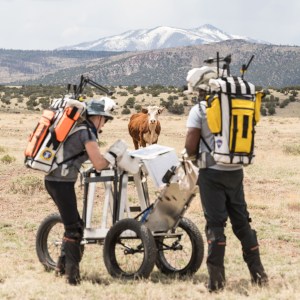
A curious cow watches as NASA astronauts Andre Douglas and Kate Rubins perform a simulated moonwalk in the San Francisco Volcanic Field in Northern Arizona on May 14, 2024, in preparation for NASA’s historic Artemis III Moon landing mission. Flight…
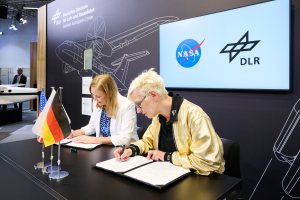
While attending the Paris Air Show June 16, NASA acting Administrator Janet Petro signed an agreement with DLR (German Aerospace Center, or Deutsches Zentrum für Luft- und Raumfahrt) to continue a partnership in space medicine research. This renewed collaboration builds…
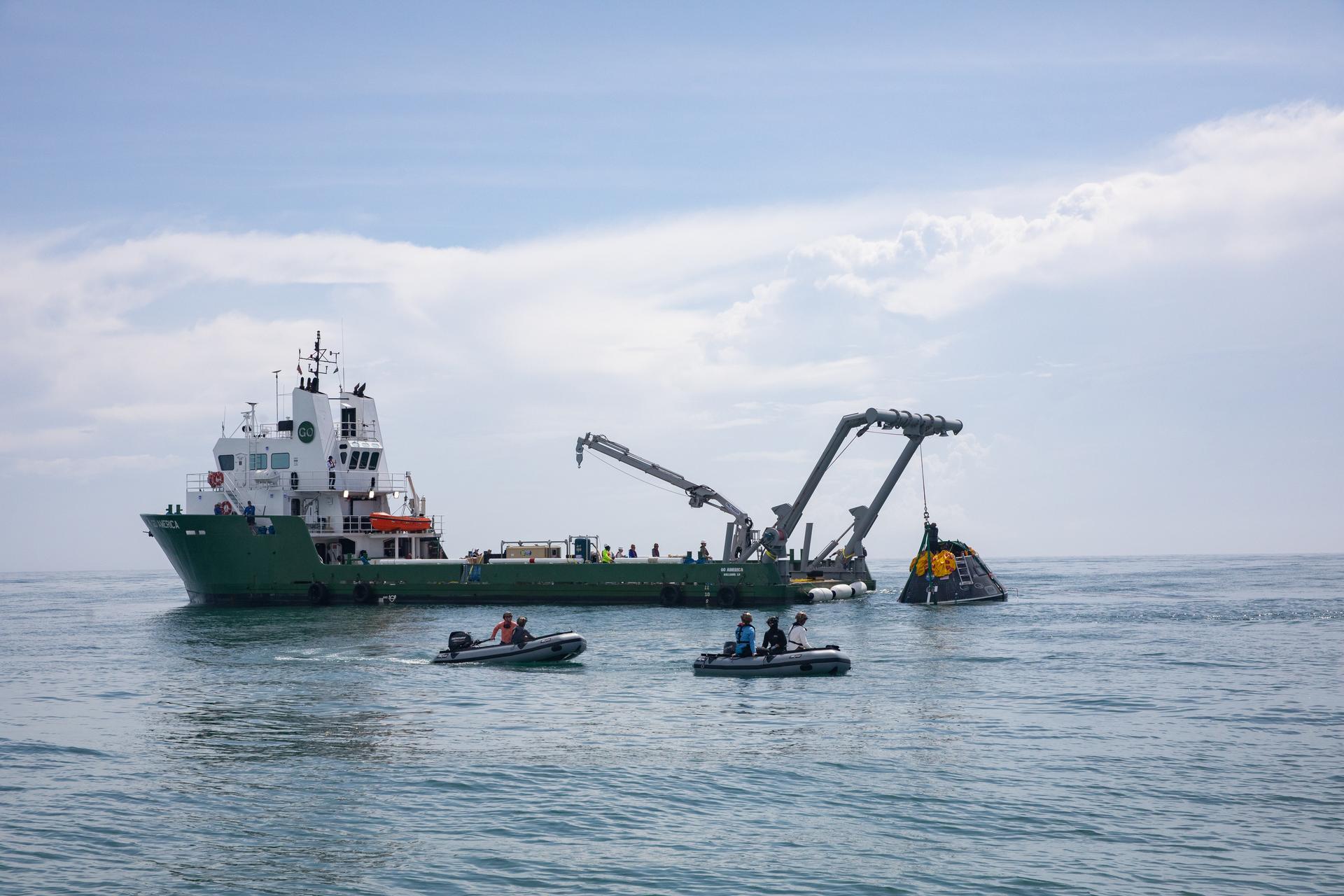
NASA and the Department of Defense (DoD) teamed up June 11 and 12 to simulate emergency procedures they would use to rescue the Artemis II crew in the event of a launch emergency. The simulations, which took place off the…

NASA’s SLS (Space Launch System) solid rocket boosters are the largest, most powerful solid propellant boosters to ever fly. Standing 17 stories tall and burning approximately six tons of propellant every second, each booster generates 3.6 million pounds of a…
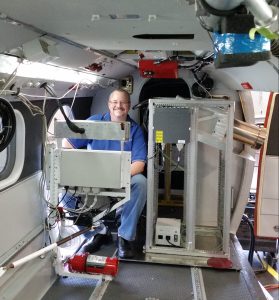
Keith Barr was born only months before the historic Apollo 11 landing in 1969. While he was too young to witness that giant leap for mankind, the moment sparked a lifelong fascination that set him on a path to design…
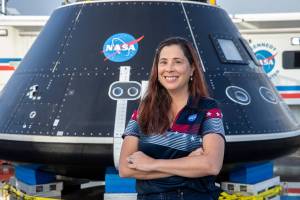
Lili Villarreal fell in love with space exploration from an early age when her and her family visited the Kennedy Space Center Visitor Complex in Florida. So, it should come as no surprise that when the opportunity came for her…
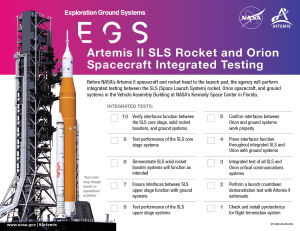
Teams responsible for preparing and launching Artemis II at NASA’s Kennedy Space Center in Florida are set to begin a series of integrated tests to get ready for the mission. With the upper stage of the agency’s SLS (Space Launch…
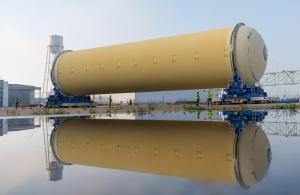
NASA completed another step to ready its SLS (Space Launch System) rocket for the Artemis III mission as crews at the agency’s Michoud Assembly Facility in New Orleans recently applied a thermal protection system to the core stage’s liquid hydrogen…

As NASA partners with American industry to deliver science and technology payloads to the Moon, a dedicated team behind the scenes ensures every mission is grounded in strategy, compliance, and innovation. Leading that effort is Aubrie Henspeter, who advises all…
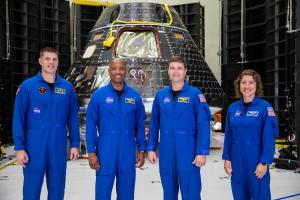
NASA will host a live Twitch event to highlight the ongoing Moon Mascot Challenge, which invites the public to design a zero gravity indicator for the agency’s Artemis II crewed test flight around the Moon. Viewers will have the opportunity…
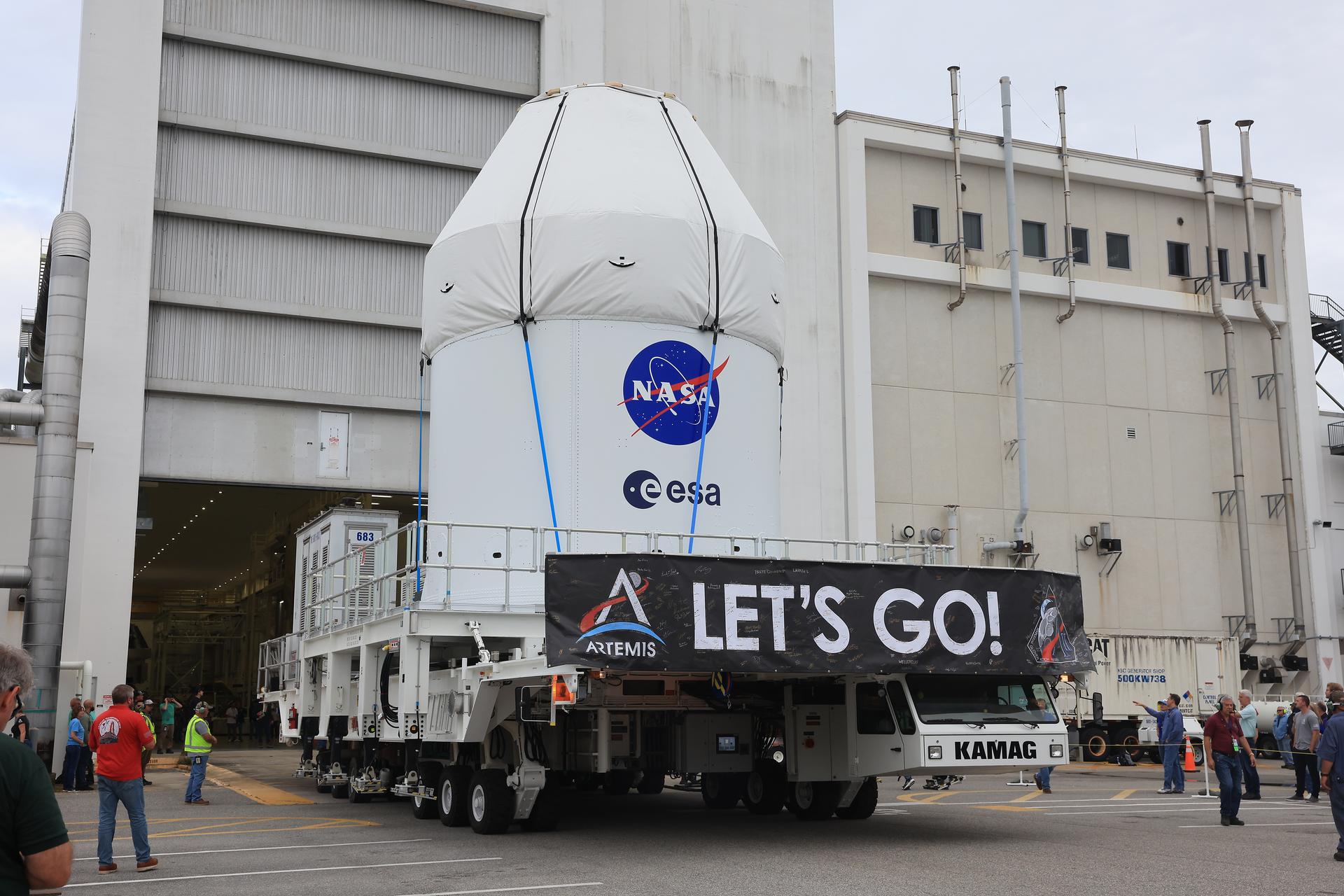
Engineers, technicians, mission planners, and the four astronauts set to fly around the Moon next year on Artemis II, NASA’s first crewed Artemis mission, are rapidly progressing toward launch. At the agency’s Kennedy Space Center in Florida, teams are working…
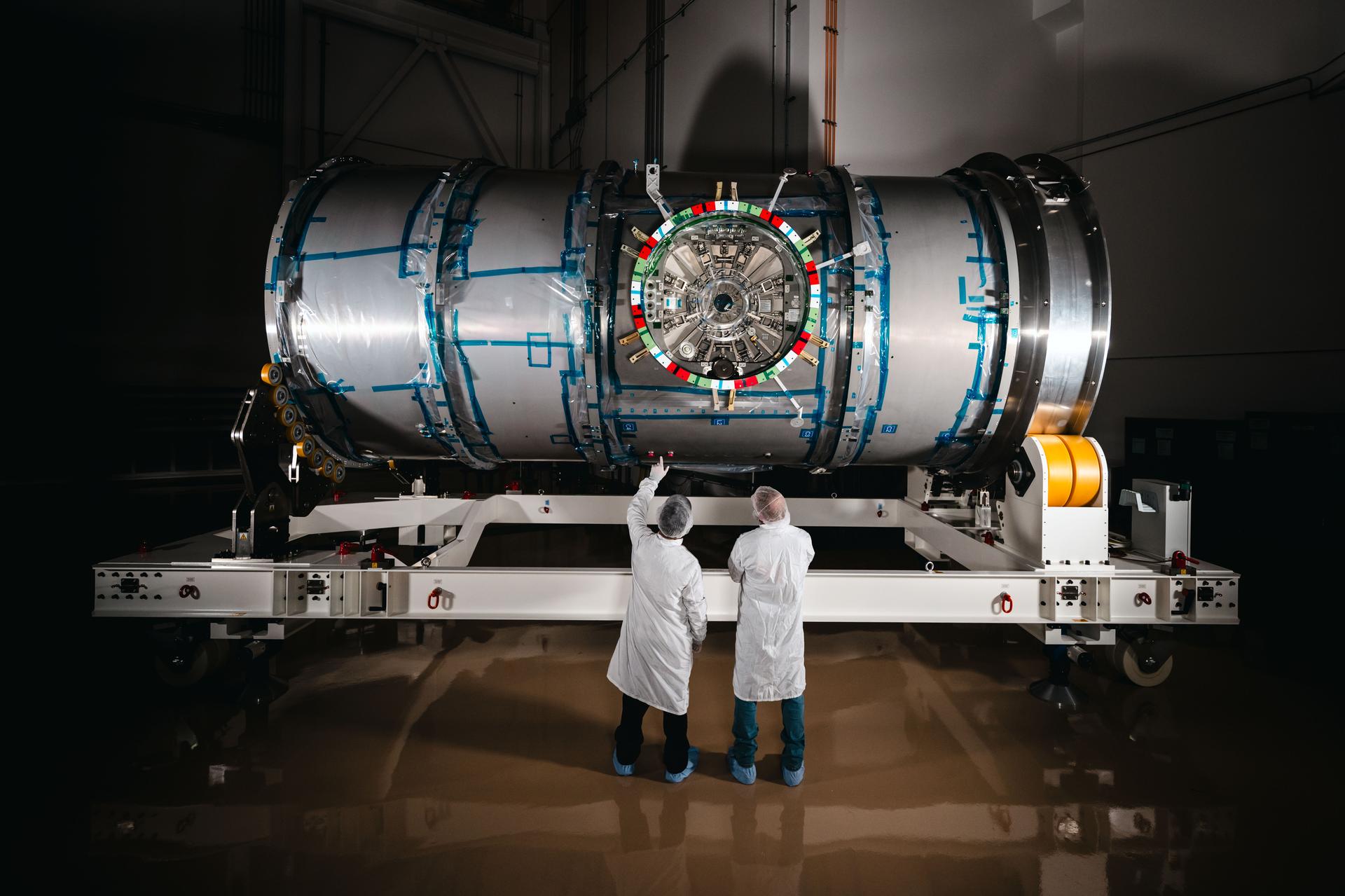
The arrival of HALO (Habitation and Logistics Outpost) in the U.S. marks a major milestone in the development of Gateway—humanity’s first space station to orbit the Moon. This page brings together imagery and stories highlighting HALO’s journey from Turin, Italy…
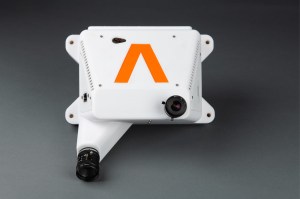
Landing and working on the Moon | Flight testing timeline Follow DMEN’s journey of advancements and transitions that have been aided by testing supported by NASA’s Flight Opportunities program. Since 2019, DMEN has been flight tested on high-altitude balloons, suborbital rocket…





















